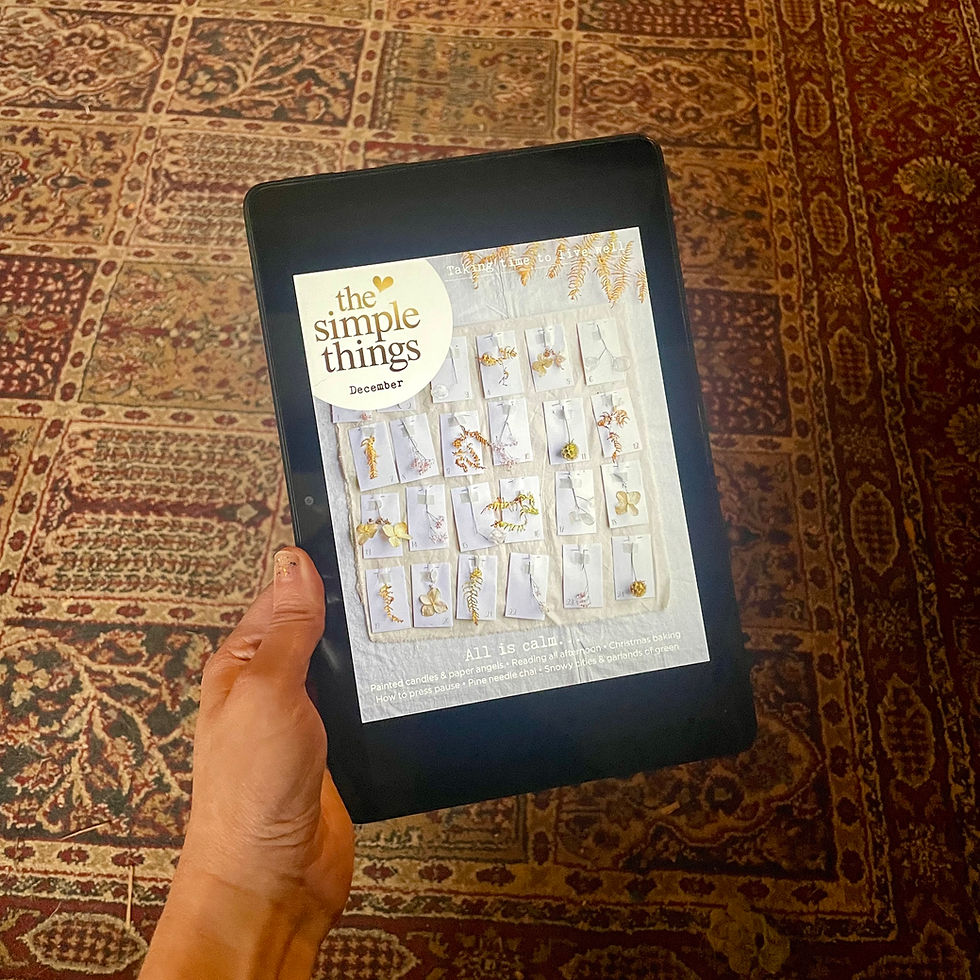What I Learnt From A Short Course in Sustainable Fashion.
- hello@makingroots.co.uk

- Dec 8, 2018
- 2 min read
Updated: Apr 13, 2020
I have just completed my 6 week course into Sustainable Fashion, run by The London College of Fashion and Kering.

I signed up for this course because to be honest, I didn't really care too much about fashion. Ethical fashion has always been a bit of a buzzword to me, a trend, an "eco- consumers" fallacy. So I decided that I needed to push my own boundaries. To understand more. And that's because we all wear clothes, use bedding sleep on mattresses etc, including me, no matter how disinterested I may be in "fashion". And fashion is one of the most polluting industries in the world, and a leading contributor to GDP. It does also have the power to do good. So, to say it's important to study is an understatement.
I made a statement at the start of my journey into sustainable fashion on the 3rd of November.
"My current thoughts, are to kill the sense of "fashion" & create sustainable style. Quality, ethically produced, natural, well fitting and beautiful elegant clothing that can be worn for years."
And my thoughts remain pretty firm on this, except my understanding has drastically deepened, as has my respect for sustainable clothing. I stand firm that "fashion" is a term we need to kick up the butt.
There are really fundamental problems in our current view of "fashion"
This is a very recent change.
We are buying clothes and wearing them for a lot less time ("Disposable fashion")
There are environmental problems at all stages of production, processing, wear and disposal. But the biggest impact is at production, so we need to reduce, or produce better.
There are huge social implications that are often linked to environmental, with "fast fashion" production. To name a very few this includes the use of toxic chemicals, poor wages and unethical workplace treatment.
However there is also an opportunity to empower, aid sustainable development and preserve craft.
So this leads me to believe, how we consume clothing is extremely important.
And coming back from the big learnings of this course, I reflect on my past thoughts. I still stand by this. However, added benefits of buying durable, practical, natural, well fitting items that we intend to use for a lifetime, is that if the situation arises that we don't use them for a lifetime, they can be sold on. Buying much less quantity of clothing, and opting for quality allows us more financial ability to invest in ethically made pieces.
"Style" is something that is getting lost, in preference for fast, cheap rapidly changing fashion, that is having huge environmental and social implications. Lets get back this sense of timeless style, beautifully made by craftsperson who is paid a living wage, using organic and environmental growing processes. Social Media is an incredibly important tool in translating this message.
Something else, that I really enjoyed from this course, was learning something slightly different to my own priorities within sustainability. Clothing and materials are an incredibly important aspect, that I have loved learning more about. Thank you to the course organisers for the most incredibly organised, well managed and world class course.







Comments